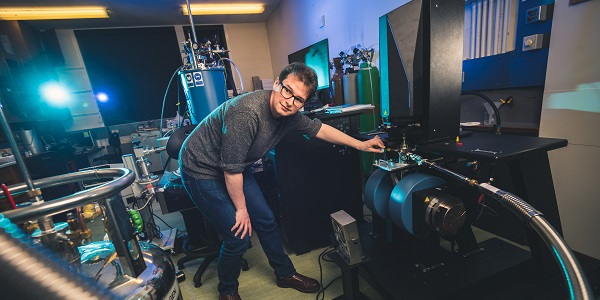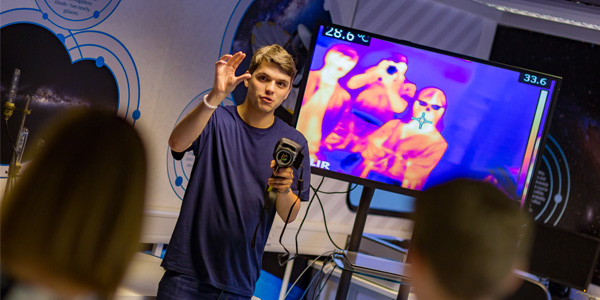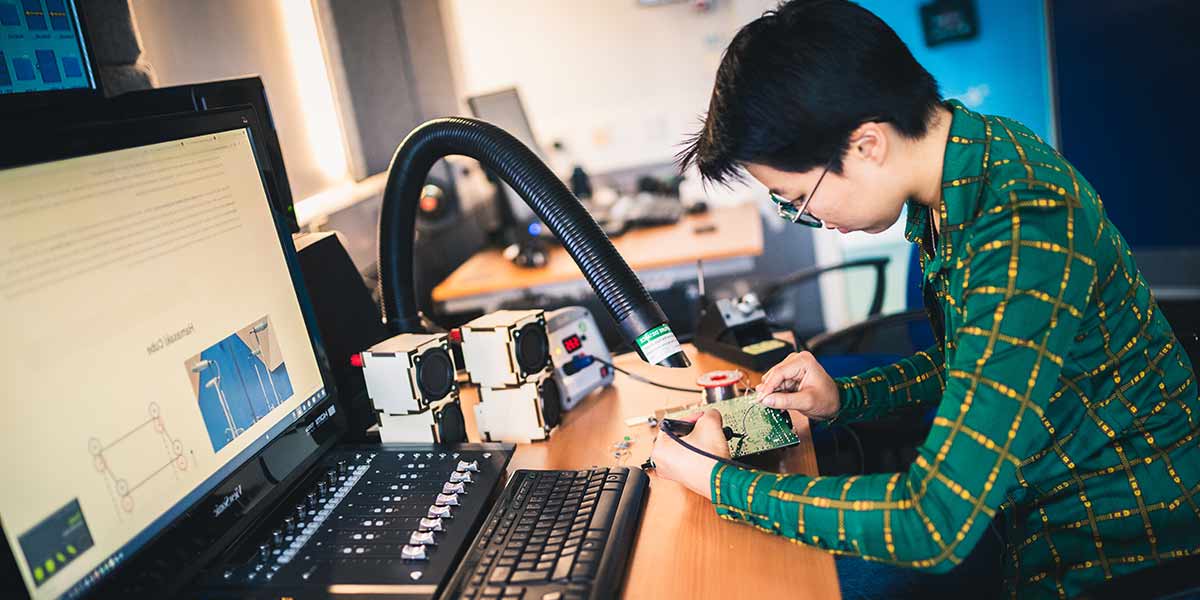
School of Physics, Engineering and Technology
Frontier research, future technologies.
Research and innovation

We apply expertise in fundamental physics and engineering to drive innovation in science and technology.
Our well-established industry links translate our research into solutions to real-world problems. Our doors are open to new collaborations.
Public and schools outreach
We offer a wide range of activities for the public, families and school students of all ages.
Explore the mysteries of the universe at our observatory, the Astrocampus. Delve into nuclear physics using Lego. Take part in hands-on engineering workshops, and much more.

Where physics and engineering drive change
Welcome to our School.
We bring physicists and engineers together to push the frontiers of knowledge, foster innovation and meet the grand challenges facing society.
Our aim is to develop new technologies that work for the public good, in an environment where everyone can thrive.
Watch our video to learn more about who we are.
News
Submit an abstract for the International Network for Spintronics UK Conference 2026, York, 8 to 10 June 2026
Dark Matter, the substance that makes up most of the Universe, could potentially be detected as a red or blue light ‘fingerprint’, new research shows.
We are delighted to announce that Professor Marina Petri from the University of York has been elected as the new spokesperson for the R3B (Reactions with Relativistic Radioactive Beams) Collaboration at the Facility for Antiproton and Ion Research (FAIR) in Germany.
Events
David Trousdale, currently the Principal Advisor on Climate Change and sustainability at Newcastle City Council, discusses his new book published with the IET.
Join us to learn about how asteroseismology, the study of pulsations in stars, is contributing to a revolution of understanding of stellar interiors.
Sixth-form students only: Join us explore AI technologies and how we can use AI in scientific research
Join leading experts from around the world to explore cutting-edge research in nuclear physics in this online masterclass, recommended for students aged 16-19 studying A-levels, IB, or equivalent.

